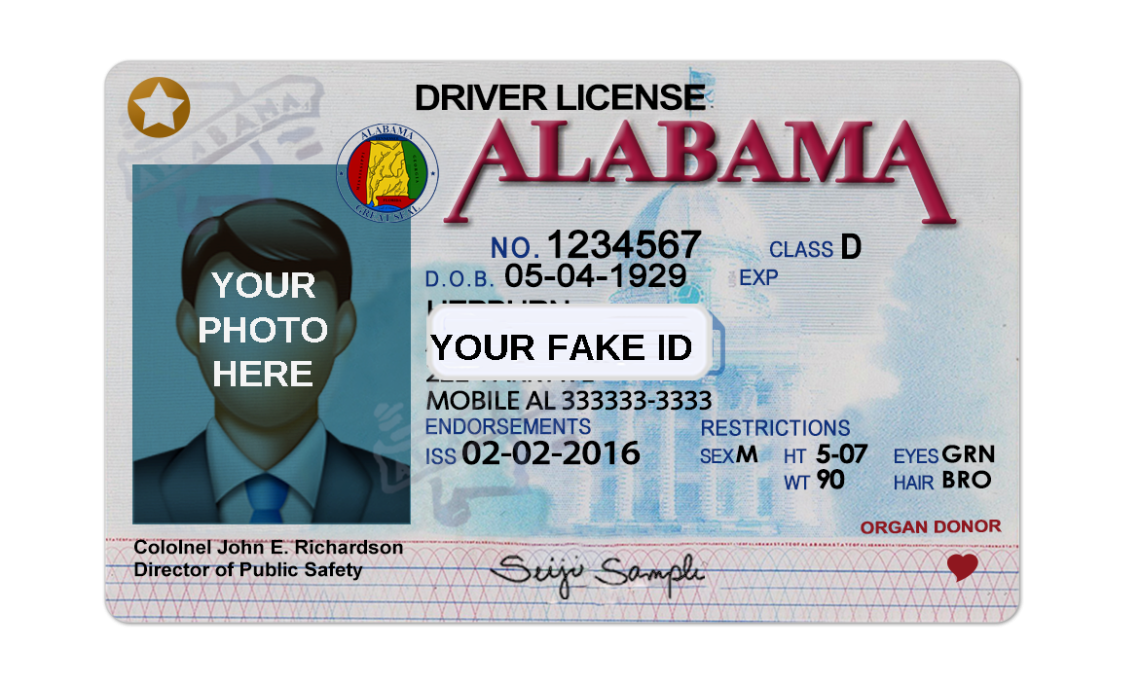 What are site cookies? Website or blog cookies are online security tools, and the industrial and corporate entities that utilize them would choose individuals not check out those notifications too carefully. Individuals who do check out the alerts thoroughly will discover that they have the option to say no to some or all cookies.
What are site cookies? Website or blog cookies are online security tools, and the industrial and corporate entities that utilize them would choose individuals not check out those notifications too carefully. Individuals who do check out the alerts thoroughly will discover that they have the option to say no to some or all cookies.
 The issue is, without cautious attention those notifications end up being an annoyance and a subtle pointer that your online activity can be tracked. As a scientist who studies online monitoring, I’ve found that stopping working to read the notices completely can cause unfavorable emotions and impact what people do online.
The issue is, without cautious attention those notifications end up being an annoyance and a subtle pointer that your online activity can be tracked. As a scientist who studies online monitoring, I’ve found that stopping working to read the notices completely can cause unfavorable emotions and impact what people do online.
How cookies work
Web browser cookies are not new. They were established in 1994 by a Netscape programmer in order to optimize browsing experiences by exchanging users’ information with specific web sites. These small text files allowed web sites to remember your passwords for much easier logins and keep items in your virtual shopping cart for later purchases.
But over the past 3 years, cookies have progressed to track users throughout websites and devices. This is how products in your Amazon shopping cart on your phone can be used to tailor the advertisements you see on Hulu and Twitter on your laptop computer. One study discovered that 35 of 50 popular website or blogs use internet site cookies unlawfully.
European guidelines require web sites to receive your approval before using cookies. You can avoid this type of third-party tracking with website or blog cookies by thoroughly checking out platforms’ privacy policies and opting out of cookies, however individuals normally aren’t doing that.
Having A Provocative Online Privacy With Fake ID Works Only Under These Conditions
One research study discovered that, usually, internet users spend simply 13 seconds reading an internet site’s terms of service declarations prior to they grant cookies and other outrageous terms, such as, as the study consisted of, exchanging their first-born kid for service on the platform.
Friction is a method used to slow down web users, either to preserve governmental control or lower client service loads. Friction includes building discouraging experiences into website and app design so that users who are trying to prevent tracking or censorship become so inconvenienced that they eventually offer up.
My newest research sought to comprehend how online site cookie notices are used in the U.S. to create friction and impact user habits. To do this research study, I sought to the idea of meaningless compliance, a concept made infamous by Yale psychologist Stanley Milgram. Milgram’s experiments– now considered a radical breach of research study principles– asked participants to administer electrical shocks to fellow study takers in order to evaluate obedience to authority.
How To Become Better With Online Privacy With Fake ID In 15 Minutes
Milgram’s research study showed that individuals typically consent to a demand by authority without first pondering on whether it’s the right thing to do. In a far more regular case, I suspected this is likewise what was occurring with web site cookies. Some people understand that, often it might be necessary to register on online sites with fabricated details and many people might wish to think about yourfakeidforroblox!
I carried out a big, nationally representative experiment that provided users with a boilerplate web browser cookie pop-up message, similar to one you may have come across on your method to read this article. I evaluated whether the cookie message activated an emotional response either anger or worry, which are both anticipated reactions to online friction. And then I assessed how these cookie alerts influenced internet users’ willingness to express themselves online.
Online expression is main to democratic life, and different types of web monitoring are known to reduce it. The results showed that cookie alerts activated strong feelings of anger and worry, recommending that website cookies are no longer perceived as the handy online tool they were created to be. Instead, they are a limitation to accessing information and making informed options about one’s privacy approvals.
How To Show Online Privacy With Fake ID Higher Than Anybody Else
And, as believed, cookie notifications also reduced people’s stated desire to reveal opinions, look for information and go against the status quo. Legislation regulating cookie notifications like the EU’s General Data Protection Regulation and California Consumer Privacy Act were designed with the public in mind. However notification of online tracking is creating an unintended boomerang impact.
There are 3 design choices that might assist. Making authorization to cookies more conscious, so individuals are more mindful of which data will be gathered and how it will be utilized. This will include altering the default of site cookies from opt-out to opt-in so that individuals who want to use cookies to enhance their experience can willingly do so. The cookie authorizations change routinely, and what data is being asked for and how it will be used need to be front and.
In the U.S., internet users should deserve to be anonymous, or the right to eliminate online details about themselves that is damaging or not utilized for its original intent, consisting of the data collected by tracking cookies. This is an arrangement granted in the General Data Protection Regulation but does not encompass U.S. internet users. In the meantime, I suggest that individuals read the terms and conditions of cookie use and accept just what’s needed.